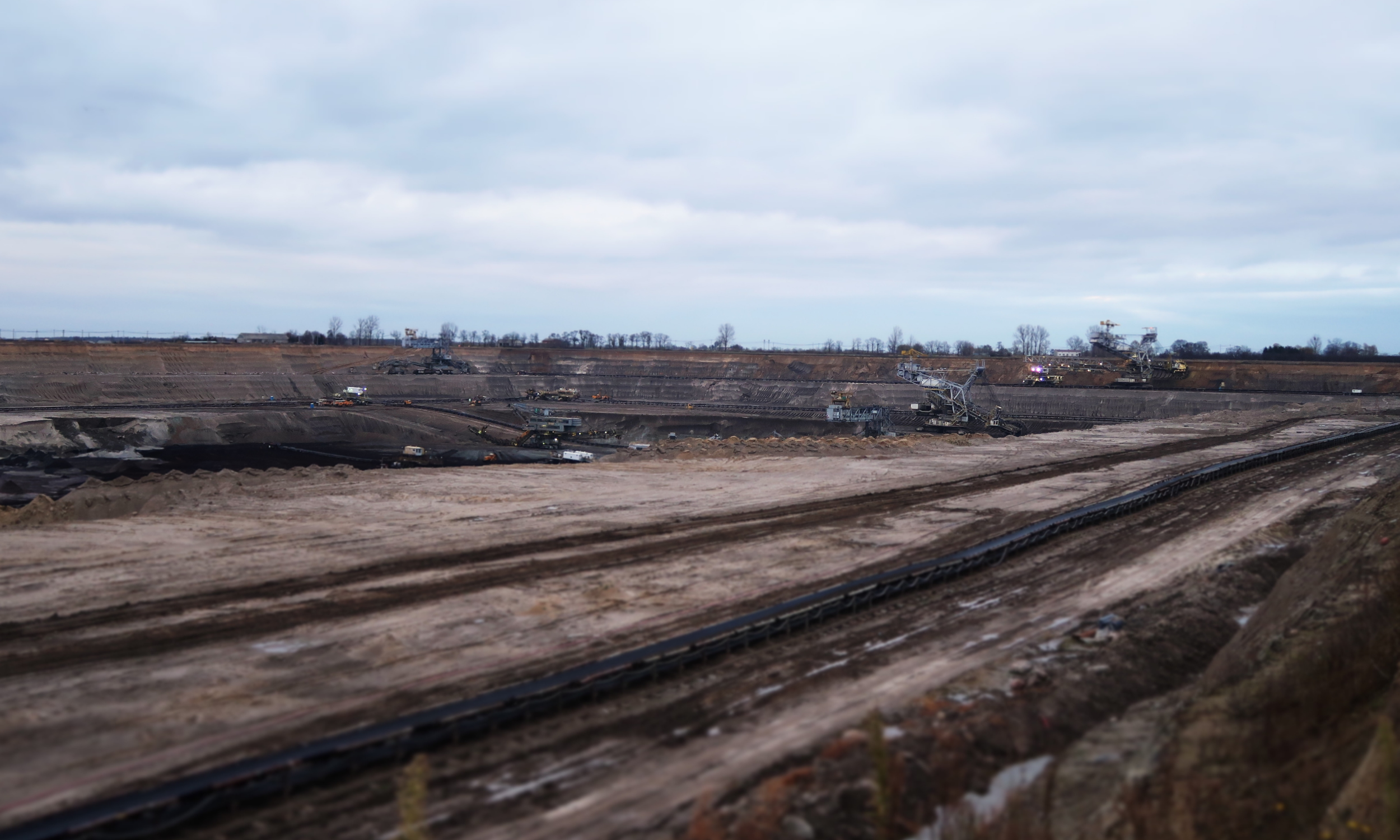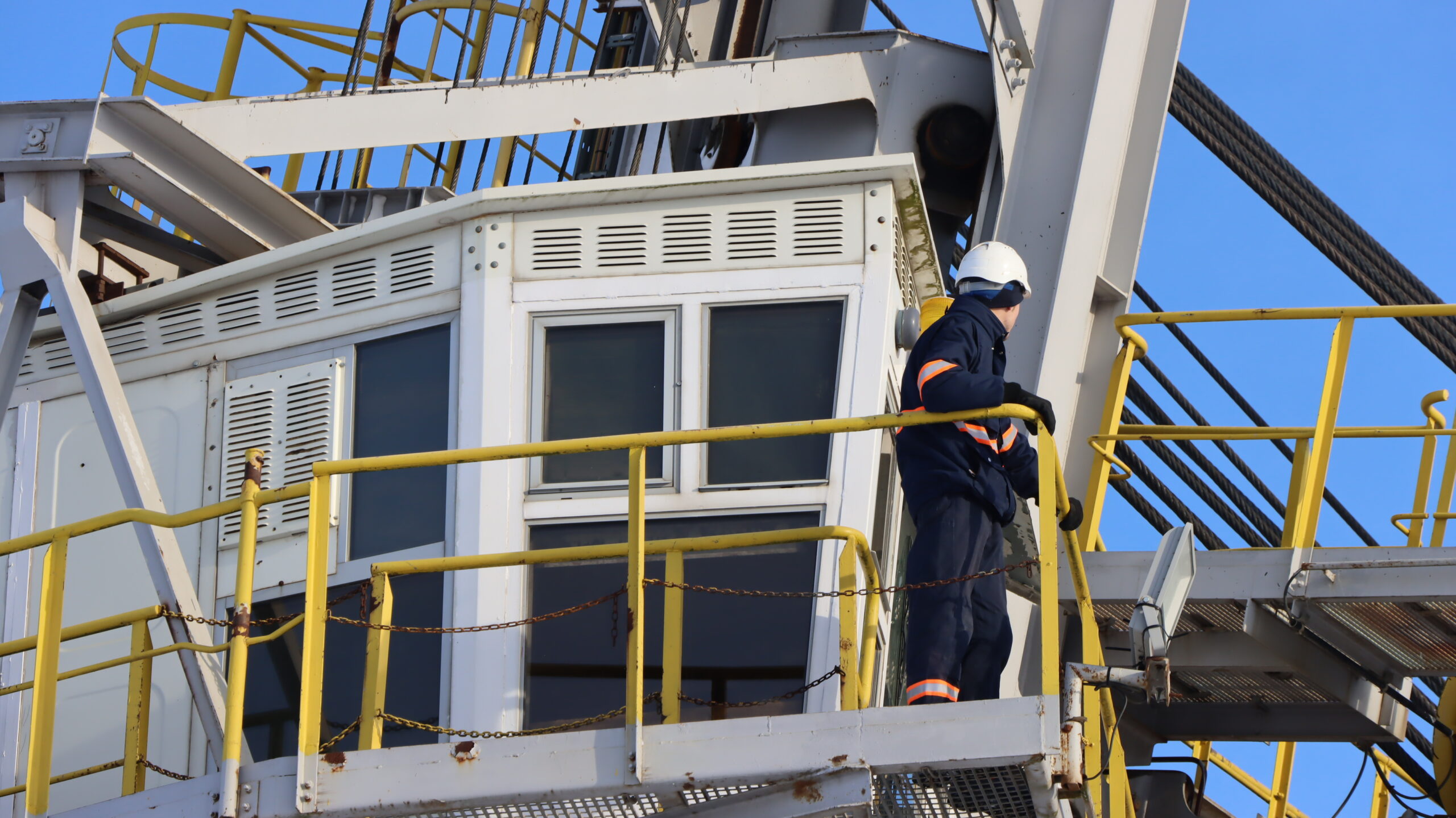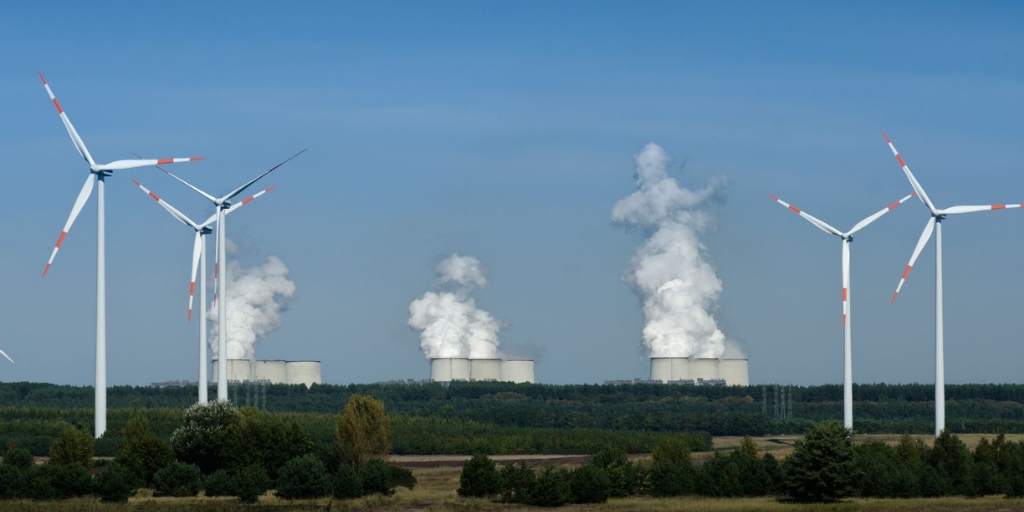Europe has ambitions to become a global leader in the fight against climate breakdown. Transforming the continent’s energy systems and shifting towards climate-friendly alternatives requires massive investments, especially in central and eastern Europe, where outdated infrastructure and a reliance on fossil fuels persists.
The good news is that the EU has the financial means to fund this transformation. The challenge is ensuring that the investments of today are geared towards addressing the climate crisis and Europe’s declining state of nature.
We know that when people have a voice in investment decisions, the results speak for themselves: more acceptance and ownership of spending and a greater chance that harmful and wasteful projects are avoided.
We work to ensure that EU financial flows address the climate crisis and do no harm to people and nature. We do this by involving the public in the design and spending of EU investments.
IN FOCUS
Just transition
Countries across central and eastern Europe are committing to quit coal and shale oil. Now the task is to ensure that the just transition is driven from the bottom up and leaves no one behind as we move towards a sustainable energy future.

Building back biodiversity
Threats facing biodiversity are increasing alongside the drivers of the climate crisis. But investments in climate protection should not come at the expense of those that can help biodiversity. The two crises of climate and biodiversity are interconnected and both must be tackled together, because only by investing in nature can we tackle climate change.

RegENERate: Mobilising Regions for Energetic Re-development and Transformative NECPs
The overall objective of the project is to support the CEE countries’ contribution to the EU efforts towards a net-zero emissions future. The project will contribute to more ambitious and effective climate and energy policies in CEE, backed by a long-term commitment to phase out fossil fuels, improve energy efficiency and promote renewable energy.

RePower the Regions: Ambitious and inclusive clean energy plans for repowering the just transition regions
The participation and leadership of carbon-intensive regions in transitioning to clean energy solutions are prerequisites for achieving EU climate neutrality by 2050. Building on this premise, RePower the Regions aims to ensure that the regions’ clean energy plans are aligned with EU 2030 climate goals and have strong support locally, and to provide practical guidelines and roadmaps on how to repower the regions.

Latest news
How to start a just transition in Gorj, Romania
Blog entry | 14 April, 2020An assessment report by Bankwatch Romania in Gorj County, the largest carbon-intensive region in Romania, shows that coal mining and energy production from coal is already inefficient for the local economy.
Read moreA dozen green deal steps for the new Slovak government
Blog entry | 1 April, 2020With the appointment of a new centre-right government in Slovakia on 21 March, the Slovak Climate Initiative prepared a twelve point programme to move Slovakia closer to its climate and energy goals.
Read moreJust Transition Fund needs stronger safeguards on inclusion and decarbonisation
Blog entry | 20 March, 2020Last week, the feedback period on the EU’s proposed regulation for the Just Transition Fund (JTF) closed. CEE Bankwatch Network was among over 150 organisations and individuals that submitted comments.
Read moreRelated publications
Following the money: Poland
Briefing | 22 April, 2024 | Download PDFThis briefing provides an overview of the just transition envisioned in the Polish Territorial Just Transition Plans for the four regions designated to receive money from the Just Transition Fund.
Following the money: Bulgaria
Briefing | 9 April, 2024 | Download PDFThis briefing provides an overview of the just transition envisioned in Bulgaria’s Territorial Just Transition Plan for the four regions designated to receive money from the Just Transition Fund.
Manifesto: A call for the next European Parliament and Commission to deliver the transformative investments citizens deserve
Manifesto | 26 March, 2024 | Download PDFThe proposals outlined in this manifesto guide our vision for how EU public finances can become more transformative.

